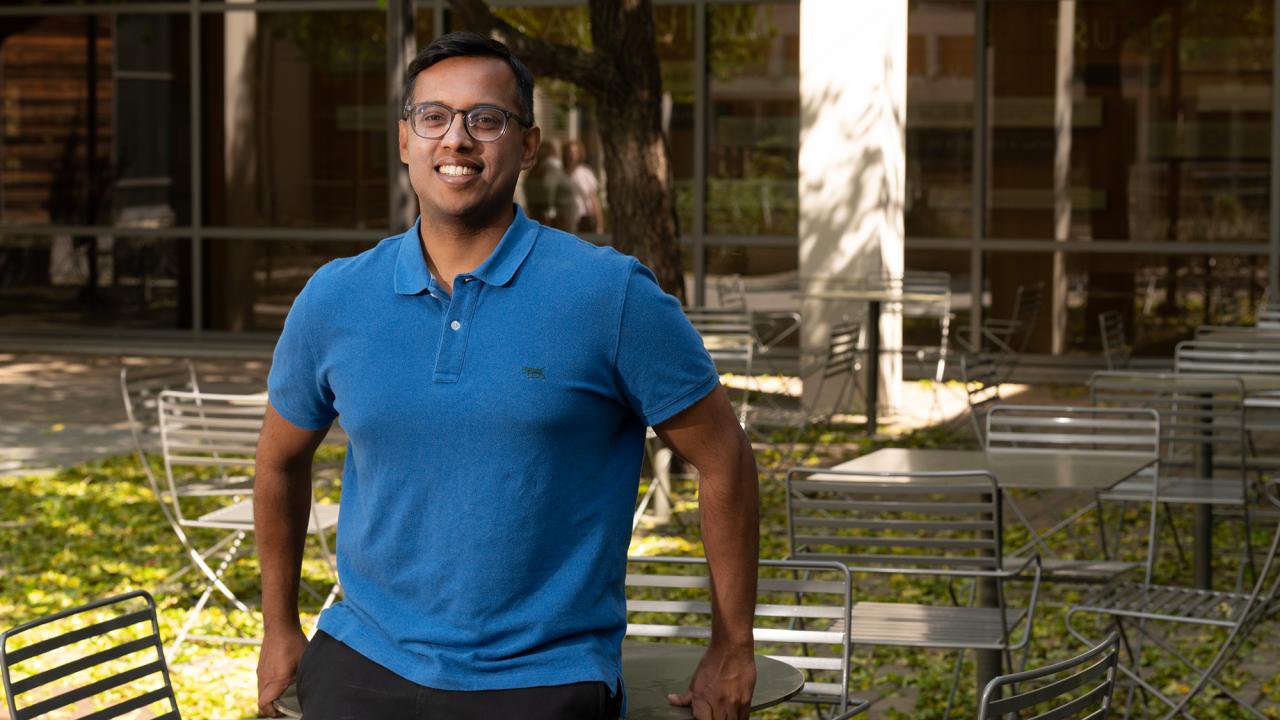
As a child of immigrants, Shayak Sarkar grew up with an appreciation for the challenges faced by immigrants and their families.
He has a doctoral degree in economics from Harvard and a law degree from Yale, and he is a Rhodes Scholar with a master’s degree in social work. Now a professor of law at UC Davis, his scholarship addresses the structure and legal regulation of inequality. His substantive interests lie in financial regulation, employment law, immigration and taxation.
But his heart ponders the fears of immigrant parents worried their children will be accosted by ICE officers at school. He grimaces at the thought of the Internal Revenue Service becoming immigration enforcers. He is baffled at the government’s defunding or dismantling of agencies such as the Consumer Financial Protection Bureau or USAID that have historically served vulnerable populations under attack. He has published numerous opinion pieces and has been interviewed in major newspapers on these subjects in recent days.
He said the current times have become a catalyst for his teaching, scholarship and advocacy.
“Whether people are documented or not, what we are now seeing is an erosion of everyone’s rights,” said Sarkar.
He pointed to the Department of Homeland Security’s recent efforts to obtain tax data from the IRS. He called this “the new frontier” of not only invading individual’s rights but disrespecting the historic independence of the IRS.
“Now we have a presidential administration and political climate in which people are so focused on immigration enforcement that they … are eviscerating tax law,” he said. “There has generally been an understanding of taxpayer privacy and that is being trampled … with this extreme version of immigration enforcement.”
He said legal theory meets reality today, and he now has national topics to discuss with law students and colleagues. Despite teaching perhaps not the most exciting or popular class at the law school — international tax law — he said students who take the course might be interested some day in transactional law, tax law or business law and pursue careers in those fields. He also teaches torts, traditionally taken by first-year students, where he gains some of his students for other classes.
“I like to think they like my teaching style,” he said, smiling.
Sarkar said he is happy his interests have found a comfortable home at UC Davis, where he has been since 2018. Throughout his life, he has lived in multiple rural and urban areas of the United States, but he added he likes Davis, the campus, and how it all is part of a region that is home to the state capital.
“King Hall is a very special place,” he said, with its focus on public interest law — with students and faculty who care about civil rights and human rights.
“It was great to join an institution that was thinking a lot about the things I’ve been thinking about.”